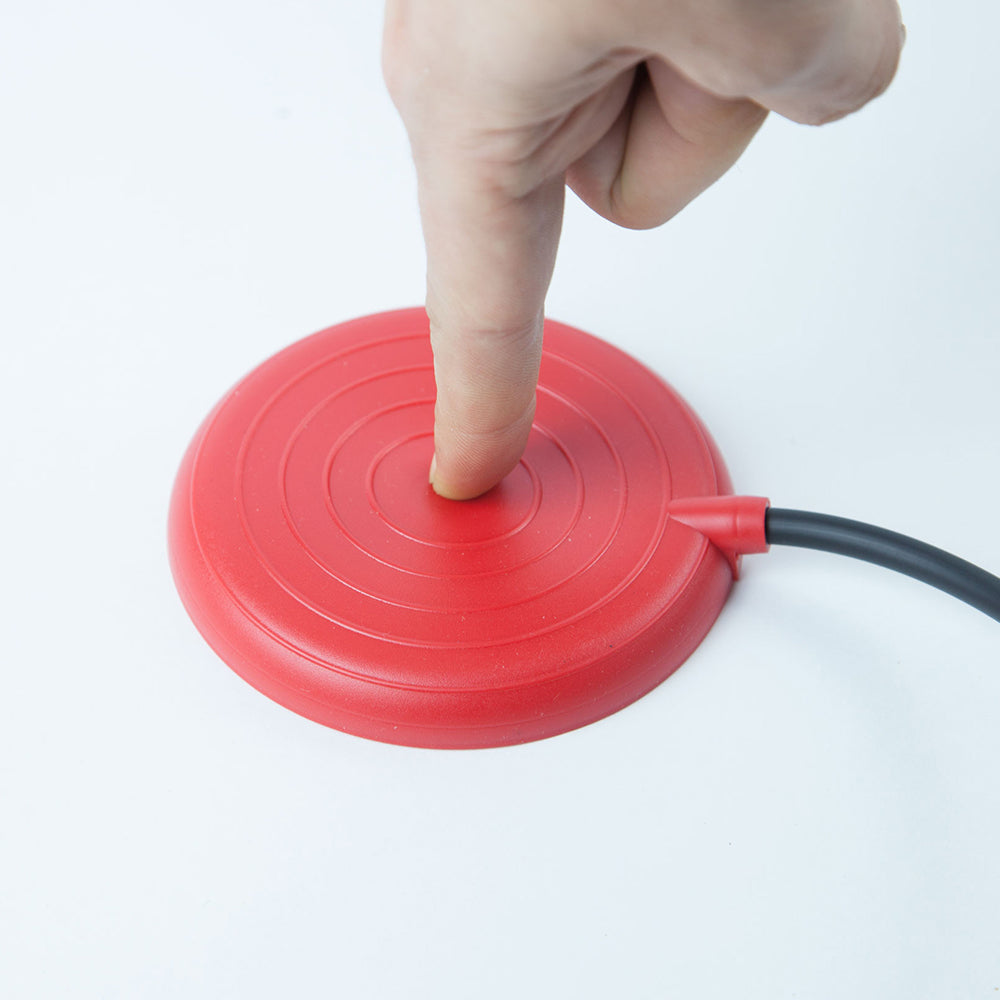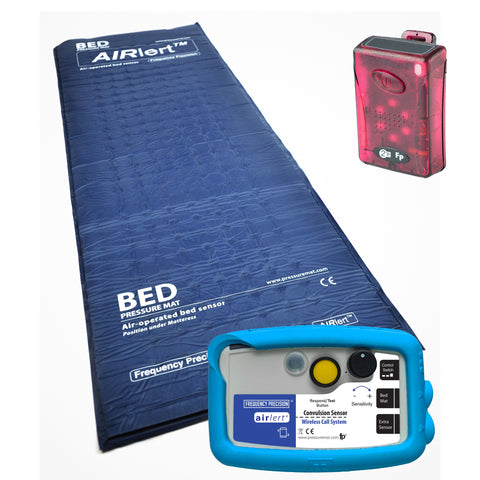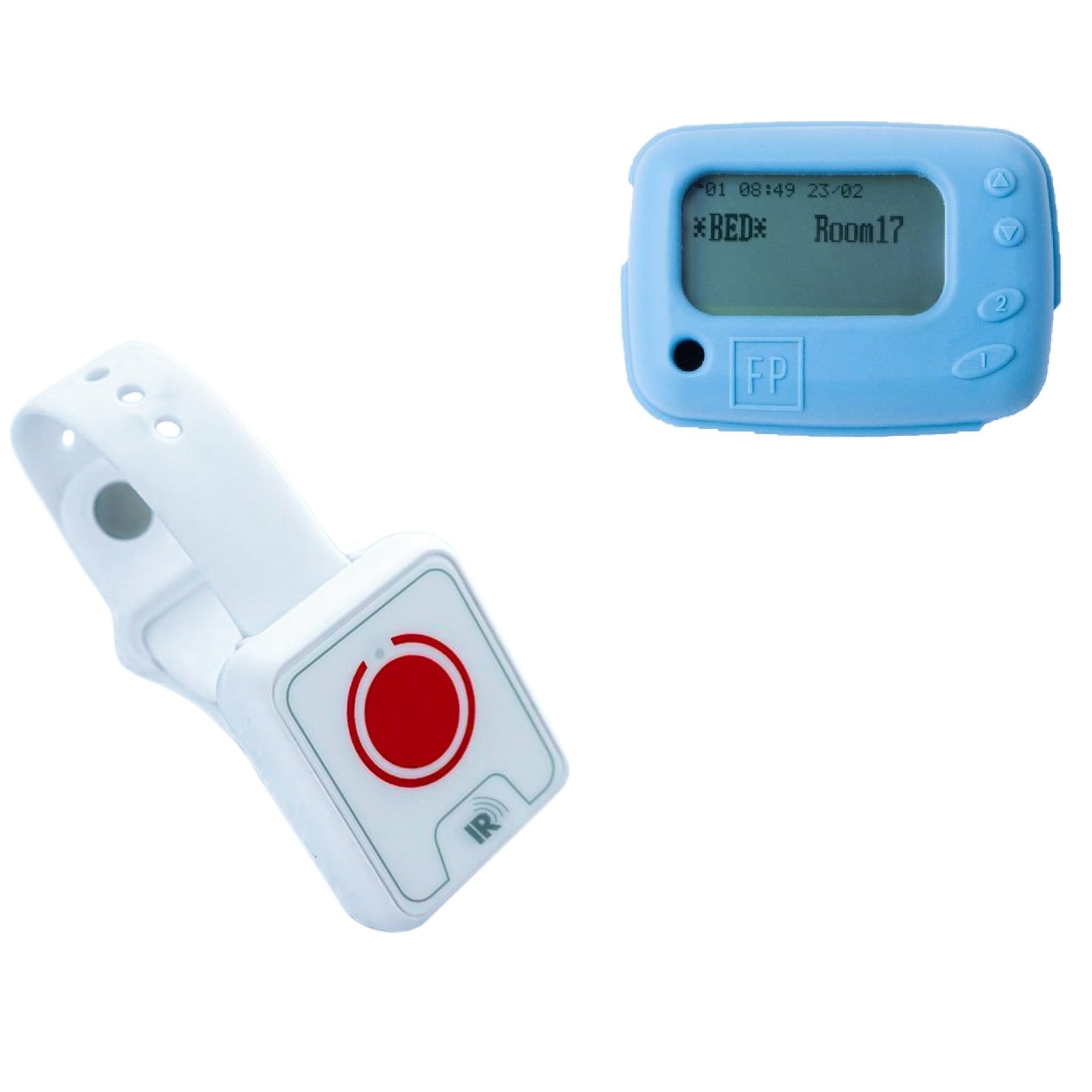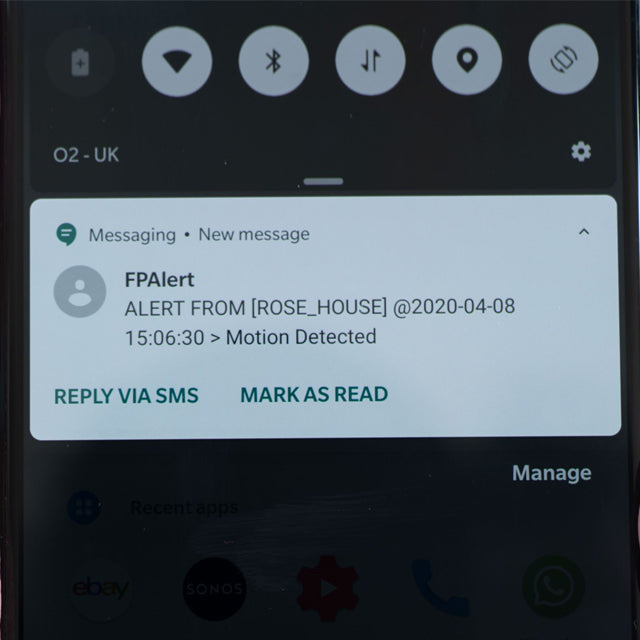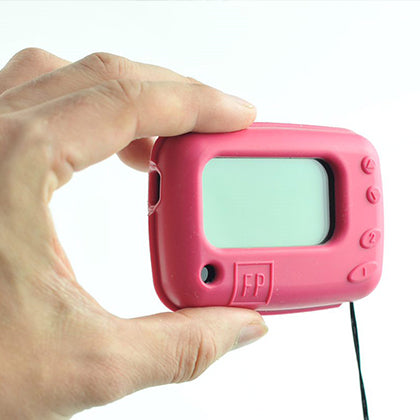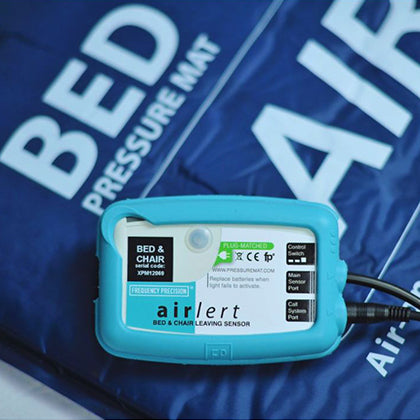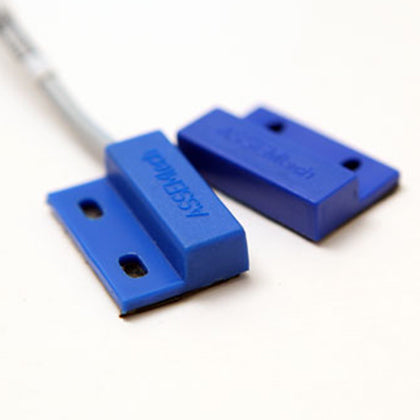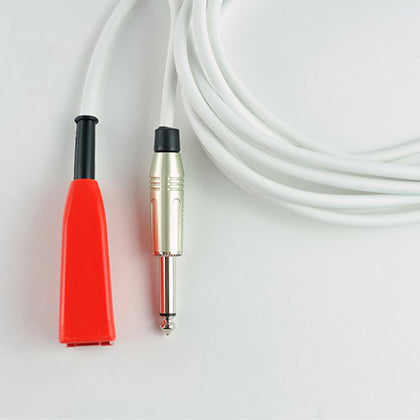
It’s a natural part of life for loved ones to require more care as they age, but getting older doesn’t mean that they want to give up their independence. Many seniors want to continue living at home and going about their daily lives, and plenty would feel frustrated or distressed by the prospect of having to move to a care facility.
Despite this, there’s no denying that the risks associated with living independently are significantly higher amongst seniors. In fact, according to theNHS, falls are one of the biggest reasons for elderly people to be taken into A&E, with more than 250,000 hospital admissions in the over 65s every year. In light of this, many caregivers are understandably worried about the wellbeing of their loved ones.
However, a medical alert system means that you can have the best of both worlds: helping to minimise the risks that the elderly face when living alone, whilst also giving their caregivers some peace of mind. If you’re interested in purchasing a medical alert system, in this blog we discuss everything you need to know about how they work, their benefits and which type is best for you.
How Medical Alert Systems Work
A medical alert system is a wearable device that connects users to an emergency monitor with the push of a button. These portable devices are designed to provide seniors with easy access to emergency services should they need it. Because they can be kept on your person, seniors are much more likely to actually be able to make use of them in an emergency situation, as opposed to a phone which might be out of reach. Alongside medical emergencies, alert systems can be used in the event of a fire, a home robbery or if the user becomes lost.
Who Can Benefit From a Medical Alert System
While there’s no one right time to start using a medical alert system, it’s a good idea to have your loved one start carrying one as a preventative measure just in case of an emergency. Here are some signs that your loved one could benefit from a medical alert system:
- Your older loved one wants to continue living independently, but you worry about their safety in the event of an emergency.
- You sometimes find it hard to get in touch with your loved one, and you worry they don’t always have their phone readily available.
- Your loved one has recently had a fall, illness or other incident, such as a stroke or surgery.
- You’re noticed that your loved one is becoming increasingly easily confused or disoriented.
- Your loved one lives far enough away from family and friends to be regularly checked on.
Types of Medical Alert System
While all medical alert devices serve the same purpose, there are two key types to choose from: monitored and unmonitored.
Monitored
When a medical alert system is monitored, users who press their help button will get connected to an emergency monitoring centre. Depending on the system brand, this monitoring centre will either be operated by the brand itself or by a third party.
If the user that called for help is able to speak, the operator on the other end will converse with them to assess the situation before taking the appropriate course of action. If the caller isn’t able to speak, the operator will either dispatch emergency services to the caller’s location or follow their special emergency action plan. For this reason, many caregivers are more comfortable with monitored systems because they know that someone will be there for their loved one if they aren’t able to be.
Unmonitored
Unmonitored medical alert systems will not connect the user to an emergency monitoring system when the help button is pressed, but will instead call a pre-programmed contact number, such as that of a relative or a neighbour, or emergency services. This is a good option for seniors who aren’t at high risk of medical emergency, but would still benefit from having access to help just in case.
Where Medical Alert Systems Work
All seniors have varying activity levels, and as such different types of medical alert systems are designed to meet these unique needs. Whether your loved one is completely housebound or can get about independently, it’s important to think about whether they’d be better suited to an in-home or mobile medical alert system.
In-Home Systems
As the name suggests, in-home medical alert systems are ideal for seniors who spend the majority of their time indoors. These types of systems typically come complete with a base station that connects to a mobile network or through a landline, aligned with a wearable help button. The base station is placed in a central location so it can be heard through the home.
When the help button is pressed, a signal is sent to the base station to contact the emergency monitoring centre or the user’s contacts of choice. Users can then communicate with whoever is on the other end through the base station, which has a two-way speaker with a long reach. Some systems even have a speaker built into the help button, which can be useful for users with large homes or those who spend lots of time in their garden.
Mobile Systems
Active seniors who frequently spend time outside their homes or enjoying travelling should consider a mobile medical alert system. These systems are fully portable, come equipped with a mobile connection and will work anywhere with coverage. Users do still need to wear a help button, but they do not need to be within range of a base station for their device to work. The speaker is built into the wearable help button, so users can communicate with emergency contacts from any location.
Tips for Choosing the Right Medical Alert System
There are a wide range of medical alert systems available, each with their own unique features. It’s important to take in the needs of you or your loved one before committing to a purchase, so here are some factors to consider when making your choice.
To ask yourself:
- In-Home or Mobile: Do you need a system that can offer protection on the go?
- Monitored or Unmonitored: Who would you like the user to be able to contact in the event of an emergency?
- Fall Detection: Is your loved one prone to falls?
- Activity and Location Tracking: Does your loved one go out on their own independently?
- Medication Reminders or Check-In Calls: Would you feel more comfortable if your loved one had someone to routinely check-in with them?
To ask suppliers:
- Battery Life: How often does a mobile system need to be charged? Is there a back-up battery for in-home base stations?
- Range: How far does the in-home base station reach?
- Water Resistance: Is the device water resistant? Can it be worn in the shower?
- Monitoring: Is the monitoring centre based regionally? How are operators trained? Is help available 24/7?
- Extra Features: Are there additional features like fall detection, activity monitoring, medication reminders, etc. available?

